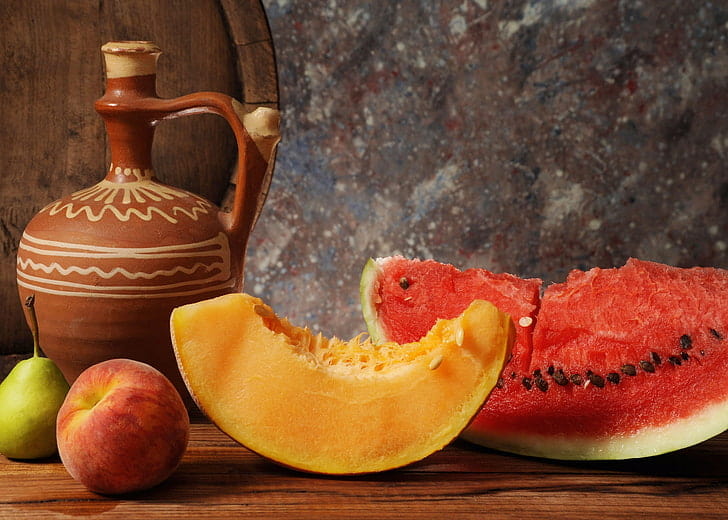While social media is abuzz with warnings about watermelon and muskmelon causing food poisoning due to dyes and artificial coloring, medical professionals offer a different perspective. Let’s explore the truth behind these claims and how to enjoy these refreshing summer fruits safely.
Dr. Komal Kulkarni, a general physician and content creator, sheds light on the matter. She identifies two primary factors contributing to potential food poisoning from these fruits. Firstly, the utilization of dyes and sugar syrups to augment their appearance and flavor. Secondly, the risk of contamination by harmful bacteria originating from the soil where they’re cultivated.
In a separate Instagram reel, health coach Miruna Bashkar shares her personal encounter with food poisoning following watermelon consumption. She highlights that adverse effects, such as those she experienced, can be triggered by toxic dyes like Erythrocine found in watermelons.
View this post on Instagram
However, consultant dietician Kannika Malhotra clarifies that using dyes on watermelons is uncommon and illegal in most regulated markets. Their red color comes from lycopene, a beneficial antioxidant. While dyed watermelons are highly unlikely, these dyes, if present, could contain harmful chemicals leading to food poisoning and long-term health risks.
The bigger threat lies with bacteria commonly found in soil, where melons grow. It is a common hazard associated with watermelon and muskmelon due to soil contact during growth, posing additional risks. Malhotra underscores this vulnerability, listing common bacterial culprits such as Salmonella, E. coli, and Listeria, which can cause severe illnesses ranging from food poisoning to serious infections, especially in vulnerable populations like pregnant women.
To mitigate these risks, it’s crucial to recognize that surface cleaning may not eradicate all bacteria. Malhotra emphasizes the importance of proper hygiene to minimize bacterial growth. Washing melons thoroughly with running water and a scrubbing brush is crucial. Additional precautions include sanitizing utensils and cutting boards, segregating melons from raw meat, refrigerating cut fruit promptly, and discarding any compromised specimens.
By following these simple steps, you can enjoy the delicious taste and refreshing properties of watermelon and muskmelon without worrying about food poisoning. The vibrant red color is a natural gift, and proper hygiene is the best defense against harmful bacteria.























